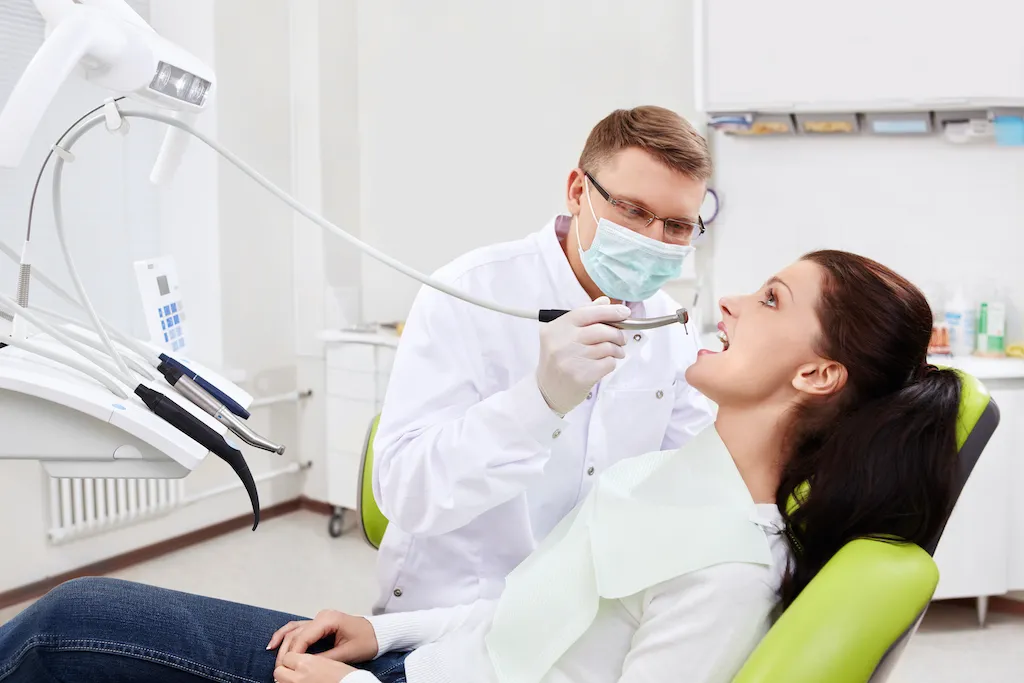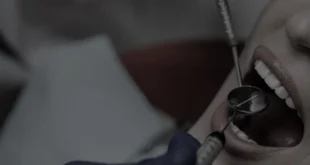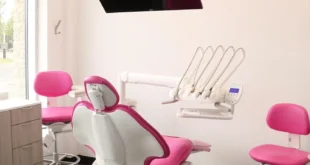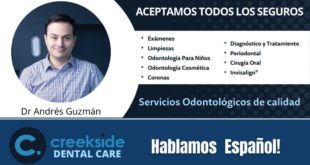After undergoing a root canal procedure, many patients often inquire about their ability to drive safely. Let’s delve into this question to ensure clarity and safety post-treatment.
Understanding Root Canal Procedures
Before addressing driving concerns, it’s crucial to grasp the basics of a root canal procedure. This dental treatment aims to repair and save a badly decayed or infected tooth. During the procedure, the dentist removes the nerve and pulp, cleans the inside of the tooth, and seals it to prevent further infection.
Factors Influencing Driving Ability
Driving post-root canal hinges on various factors, primarily the type of anesthesia administered during the procedure and any subsequent medications prescribed. Local anesthesia, commonly used in root canals, typically doesn’t impair driving ability. However, if the patient receives sedation or general anesthesia, it’s prudent to avoid driving until the effects wear off entirely.
Considerations After Root Canal Treatment
Patients should be mindful of potential side effects following a root canal, particularly if pain medication is prescribed. Some medications can induce drowsiness or affect cognitive function, which may compromise driving safety. It’s advisable to wait at least 24 hours after the procedure before driving to ensure any anesthesia or medication effects have dissipated.
Opting for Caution
While the desire to resume normal activities promptly is understandable, prioritizing caution is paramount. Even if one feels capable of driving, erring on the side of safety is advisable, especially if sedation or general anesthesia was administered. Patients must heed their dentist’s advice and refrain from driving until deemed safe.
Listening to Your Body
Each individual’s recovery experience varies, so it’s crucial to listen to the body’s cues. If one feels dizzy, drowsy, or mentally foggy after the root canal, it’s best to abstain from driving until fully recovered. Prioritizing personal safety and the safety of others on the road is paramount.
In conclusion, while driving after a root canal is generally safe, several factors must be considered. Patients should assess their physical and mental state post-procedure, adhere to any medication guidelines, and prioritize safety above all else. By exercising caution and listening to their bodies, individuals can navigate post-root canal recovery responsibly and ensure a smooth transition back to their daily routines.
We recommend Bridlewood Dental Clinic.
 Tu Auto En Calgary
Tu Auto En Calgary




